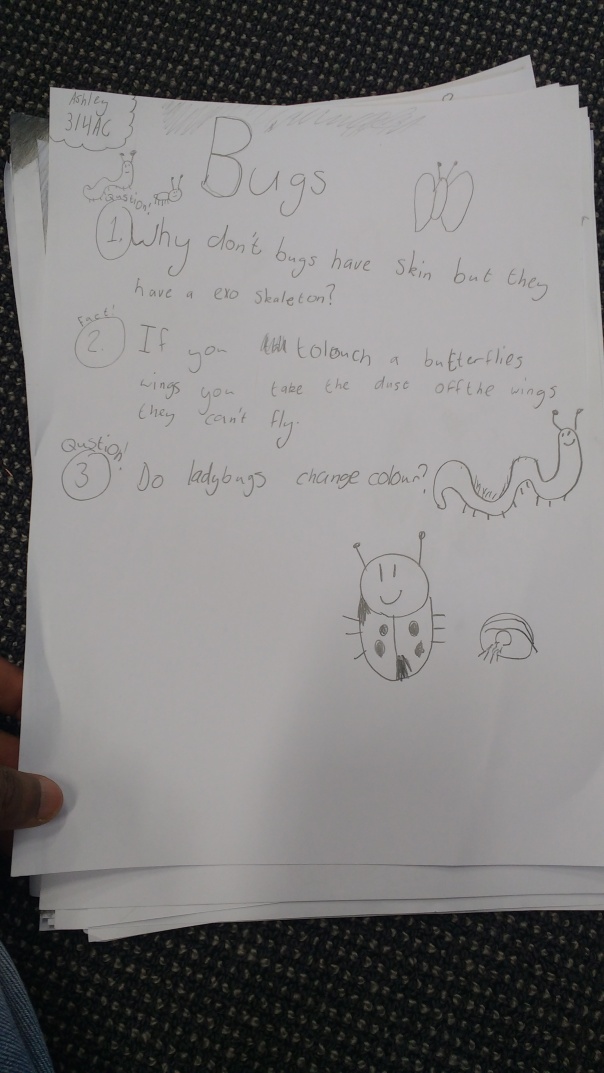Alan Alda Centre for Communicating Science holds a sci-comm competition every year. This year’s challenge was to explain what energy is, in a way any 11-year-old could understand. Here is my entry:
What is energy?
“You should eat more to get more energy” says my mum. But what is energy? Am I creating energy when I eat food? Let’s find out.
If you look around now, you might see your table, books, and pencils. Every object around you has energy proportional to its mass. But just like Pokémon, energy comes in various forms: heat, light, electrical, chemical, stored energy (called potential energy), energy due to motion (called kinetic energy) etc.
Energy is like currency (money) that changes form when it is spent. For example, you and your pencil on the desk have energy, and you can spend it to do any work. But when you use it up, it is converted from one form to another.
The pencil has chemical energy in it. When you burn it, the energy is converted to heat and light energy till all of it is spent. But the heat and light energy were not created from nowhere, nor is the energy destroyed; it just converted from chemical to heat and light. All the energy in the universe is already inside everything around us in various forms. So we cannot create or destroy energy.
You need energy to do any work. Food that you eat gives your muscles the power to move so that you can walk. This energy has been converted from the Sun’s light energy which is converted to chemical energy by plants which we animals eat. So when I eat, I gain the energy from food, but I do not create energy.
I better go eat my lunch now before I spend the chemical energy in my muscles for walking so that I can catch all the Pokémon.
I did not win the competition, but it was definitely a challenge writing this.
Here is the winning entry: http://www.aldakavlilearningcenter.org/practice/flame-challenge/past-challenges/energy









